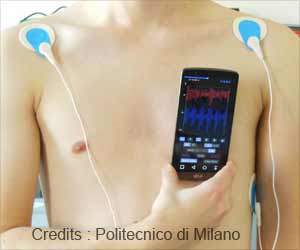A novel technique has been reported by a team of researchers in the journal Neurology, which allows a patient with word blindness to read again

The article is written by Jason Cuomo, Murray Flaster, MD, PhD and Jose Biller, MD, of Loyola University Medical Center.
Here's how the technique works: When shown a word, the patient looks at the first letter. Although she clearly sees it, she cannot recognize it. So beginning with the letter A, she traces each letter of the alphabet over the unknown letter until she gets a match. For example, when shown the word Mother, she will trace the letters of the alphabet, one at a time, until she comes to M and finds a match. Three letters later, she guesses correctly that the word is Mother.
"To see this curious adaption in practice is to witness the very unique and focal nature" of the deficit, the authors write.
The authors describe how word blindness came on suddenly to a 40-year-old kindergarten teacher and reading specialist. She couldn't make sense of her lesson plan, and her attendance sheet was as incomprehensible as hieroglyphs. She also couldn't tell time.
The condition was due to a stroke that probably was caused by an unusual type of blood vessel inflammation within the brain called primary central nervous system angiitis.
Advertisement
The woman can have an emotional reaction to a word, even if she can't read it. Shown the word "dessert," she says "Oooh, I like that." But when shown "asparagus," she says, "Something's upsetting me about this word."
Advertisement
What she most misses is reading books to children. She teared up as she told the authors: "One day my mom was with the kids in the family, and they were all curled up next to each other, and they were reading. And I started to cry, because that was something I couldn't do."
Source-Eurekalert











